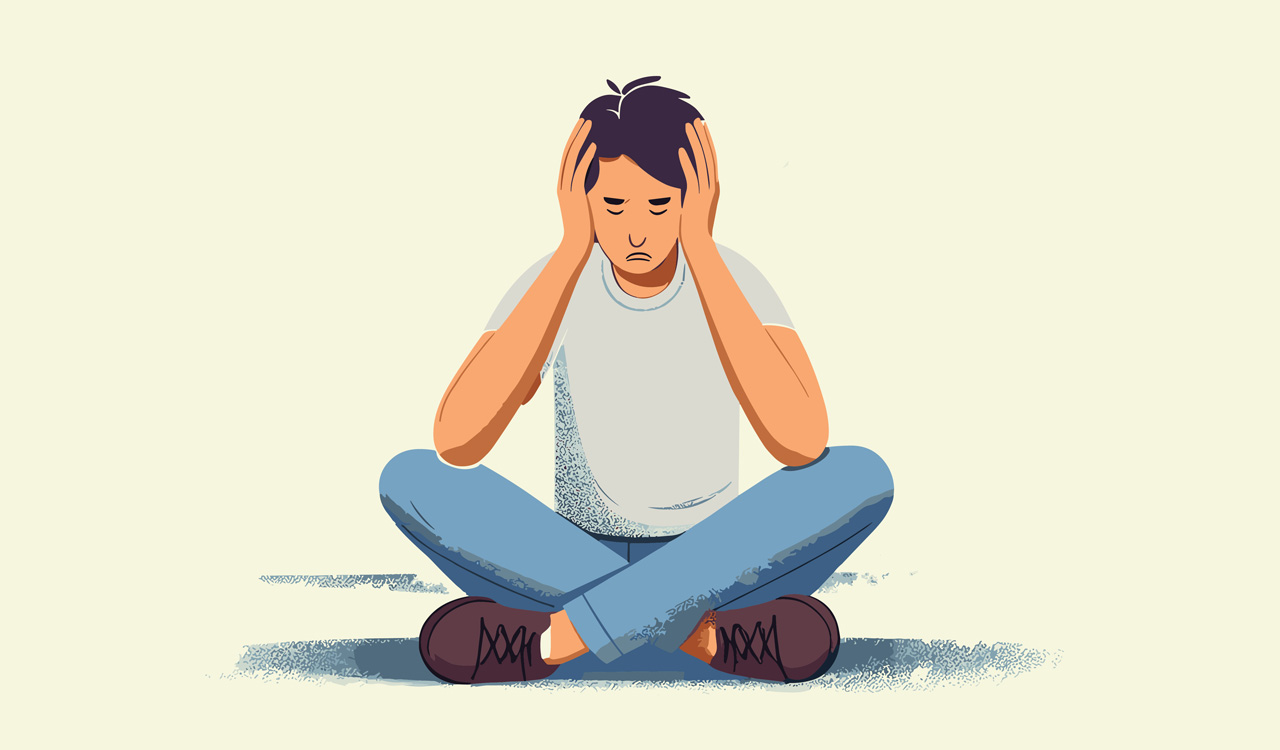Editorial: India’s campus deaths, a collective shame

These tragedies underscore the urgent need for a more robust, comprehensive and responsive mechanism to address the various factors that compel students to commit suicide
Published Date – 6 May 2025, 09:38 PM

Campus suicides in India have come to acquire a macabre sense of déjà vu. Every death is a cry in the wilderness; a silent scream that should haunt us collectively as a nation. The recent suicide by a third-year BTech student in his hostel room at IIT Kharagpur — the third such tragedy on the campus so far this year — came as a grim reminder of the ineffectiveness of the existing legal and institutional framework in addressing mental health concerns of students on campuses and preventing them from taking the extreme step. These tragedies underscore the urgent need for a more robust, comprehensive and responsive mechanism to address the various factors that compel some students to commit suicide. Three more deaths were reported last week — two NEET aspirants in Rajasthan’s Kota and a forensic science student of a private university in Punjab’s Mohali. All these tragedies expose a shocking systemic failure that India continues to ignore at its own peril. Kota, the leading coaching hub, has seen 14 student suicides this year alone. Despite repeated warnings, the structural stressors — high-stakes exams, toxic competition, unregulated coaching practices and the burden of ‘guaranteed success’ — remain unaddressed. An exacting examination system, parental expectations, an individual’s limitations and the debilitating fear of loss can take a heavy toll on young minds. What is more appalling is that student suicides are reduced to cold statistics and society is becoming increasingly numb to these tragedies. The Rs 12,000-crore coaching industry of Kota is quite heartless when it comes to students’ welfare.
Post-coaching burnout, a grading system that reinforces toxic competitiveness, relentless academic demands and a culture marked by caste and gender-based discrimination are among the factors reportedly flagged by an expert committee, set up by IIT Delhi in March last year to study the institutional processes and environment in the context of student suicides. The 12-member committee has recommended sweeping structural campus reforms that include a rethink on CGPA (Cumulative Grade Point Average) as the sole success metric; choosing more empathetic campus leaders; strengthening faculty-student ties; mandatory civic learning to reduce bias; and greater administrative responsiveness to student concerns. To begin with, the stifling schedules in coaching factories play havoc with the lives of students. And, it would be naïve to expect this highly competitive and profit-driven coaching industry to reform itself overnight or become empathetic to students’ emotional needs. In March, the Supreme Court set up a national task force headed by its former judge Justice S Ravindra Bhat to address students’ mental health concerns and prevent suicides in higher educational institutions. Recently, the Central Consumer Protection Authority (CCPA) issued notices to several coaching institutes for misleading advertisements and unfair trade practices. Many ads promise top ranks and assured selections without substantiating their claims, thus laying a trap for vulnerable students.






